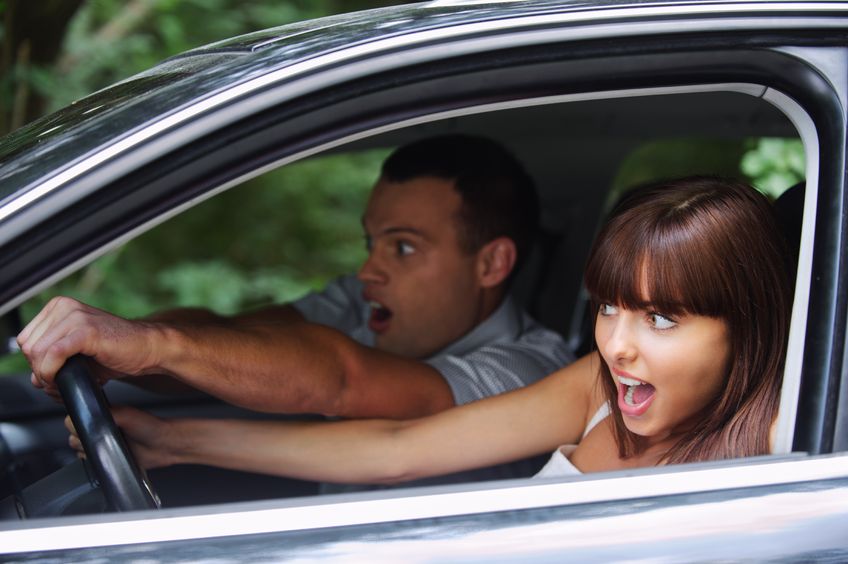
It isn’t uncommon to loan vehicles out to relatives and friends. You may also loan your car to someone to make a few extra bucks. Many vehicle owners are surprised when they learn that they are legally responsible for the accident even though they were not driving the car at the time.
Vehicle owners can be held liable for a car accident when:
- An employee is involved in a car accident while driving a company vehicle. The vicarious liability concept holds the owner of a vehicle whose employee was driving the vehicle liable for the accident if:
- The employee was driving the vehicle as part of his or her work duties
- The employer was aware that the employee was reckless, incompetent or an unlicensed driver.
The owner of the vehicle will not be held liable if the person driving was an independent contractor. It is therefore important to establish the employer-employee relationship when you claim that the employer was responsible for your injury.
Who is the vehicle owner?
The law in many states presumes that the owner of the vehicle is the person whose name is on the registration papers of the vehicle as well as the insurance policy. However, there are arguments that lawyers can use to show that you were not the owner of the vehicle at the time of the accident. This is often the best defense against vicarious liability.
When a vehicle owner is held liable
The vehicle owner may also be held liable if the owner and the driver of the vehicle at the time of the accident are part of a joint enterprise or joint venture e.g. a business deal that may have resulted in the parties using the vehicle jointly.
- Members of the owner’s family borrow the vehicle. When members of a family are involved in an accident while driving the family car, the head of the family is likely to be held liable for the accident. However, this only applies if the child or family member was driving the vehicle with the permission of the parent.
Penalties in many states can be harsher on parents who knew that their child was prone to recklessness but still allowed him or her to drive.
- The vehicle is loaned to an unlicensed, reckless or incompetent driver. If you know that the person you’re loaning your vehicle to is reckless, unlicensed or incompetent, you can be held liable for damages or injuries resulting from an accident that the person causes while driving your car. In such cases, it must be shown that you gave your express permission and knew beforehand that the person was unlicensed, reckless or incompetent.


